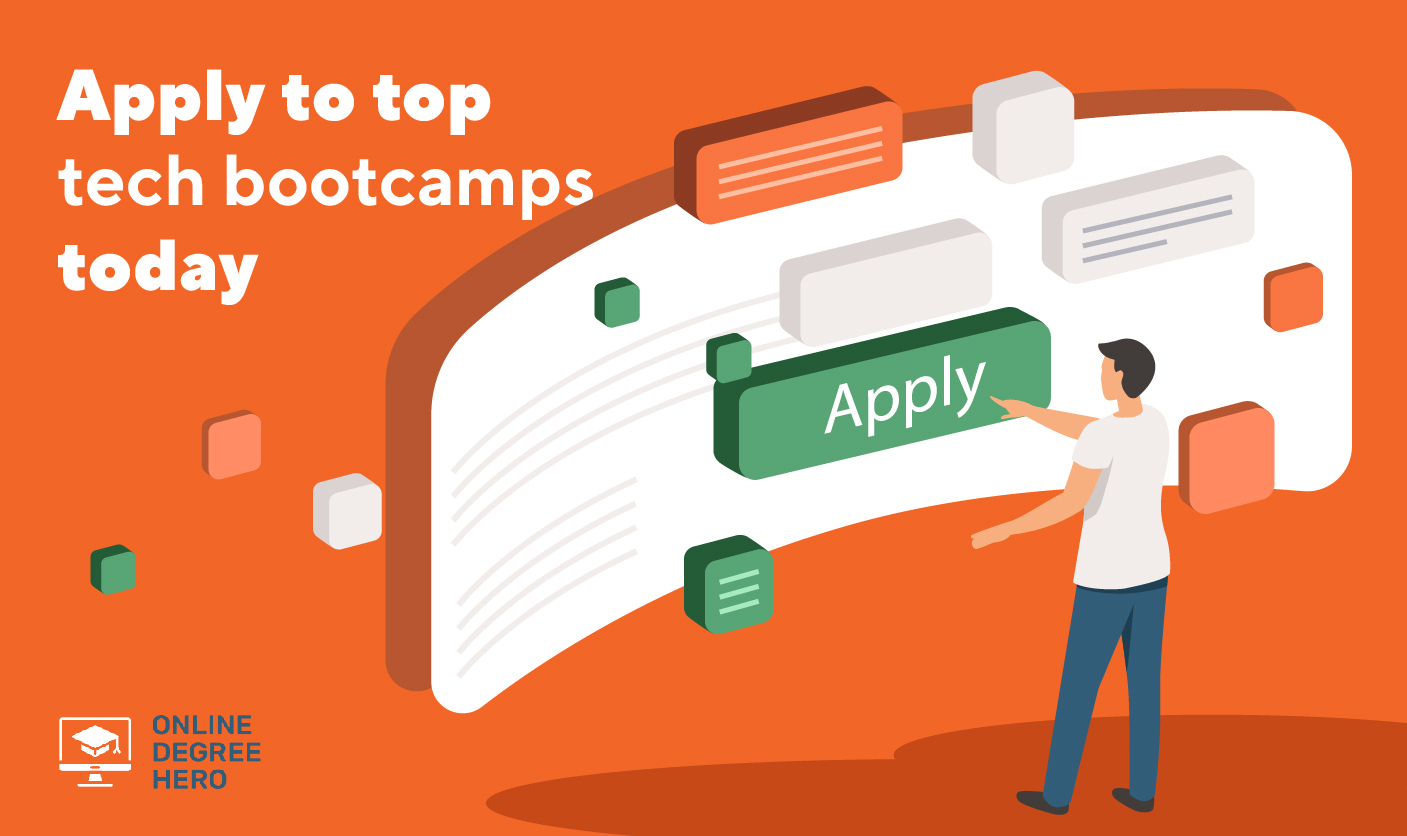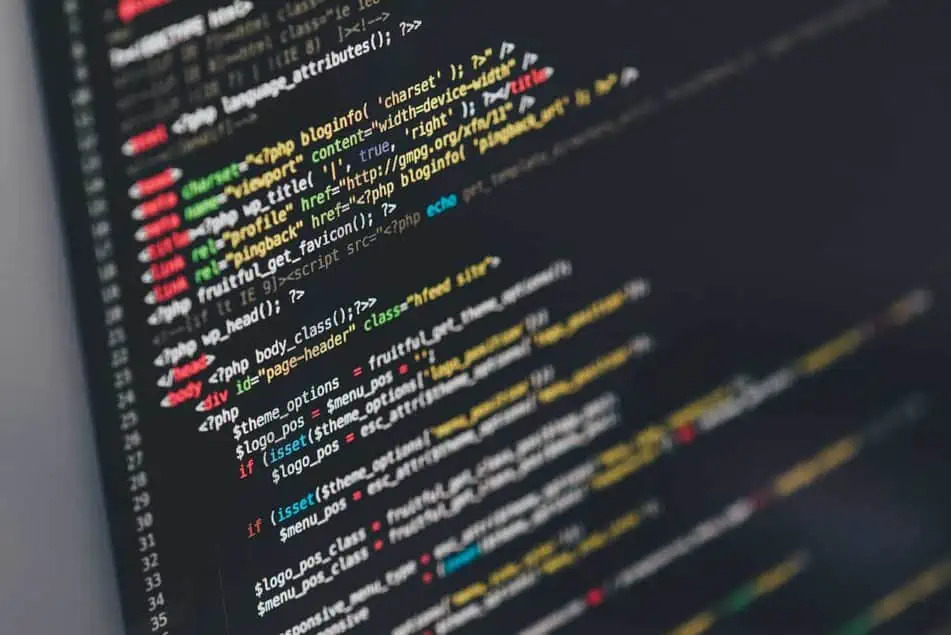
How to Learn SQL
SQL, or Structured Query Language, is a standard language for interacting with data inside a database. With SQL, developers can store, manipulate, and retrieve data. Most all popular database systems such as MySQL, Postgresql, and many others use SQL.
In this master guide, we will look at different resources to learn SQL. We will also discuss common questions such as how long will it take to learn SQL. This guide familiarizes you with what SQL is and how to begin learning it.
What You Need to Know About SQL
An important distinction about SQL is how the language is structured. SQL commands are used to insert, retrieve, update, and delete items in a database. There are advanced commands, but for the purpose of this guide, we will stick with those listed.
- A database consists of tables. These tables contain rows and columns.
- There can be many tables in a database. Using an e-commerce app as an example, we may have a table for customers, a separate table for orders, another table for products, and so on.
- Inside tables, there are rows and columns. Rows are like headings telling us what kind of information the columns hold.
Let’s take our customers table for instance. The rows going across the table may include the headings of name, email address, password. Then, the columns under each of these headings would contain the actual customer information.
Knowing how a database is structured is a key concept in being able to visualize how SQL works. Using SQL we can insert a customer’s name, email, and password into our customers table. Then we could use another query to retrieve just the customer’s email. We could even delete that entry of a specific customer.
Keeping this database structure in mind will help you to understand specific SQL statements once you start learning.
Skills Needed to Learn SQL
There are many resources available that teach SQL with no prior knowledge required. That said, being familiar with how databases are structured can be of value. In addition to knowing the basics of databases, consider introducing yourself to these concepts as well:
- SQL syntax. SQL is its own language and the syntax changes slightly depending on what you’re querying.
- Join tables. Explore what all the different joins are and what they mean.
- Data relationships. Take into consideration how the relationships between data changes based on how they are connected via the join tables mentioned above.
Why You Should Learn SQL
Although SQL has been around for a while, it is still in high demand. It is the number one database querying language. Even with the rise of NoSQL systems such as MongoDB, SQL is more widely used among companies of all sizes.
- SQL is the industry standard. Relational databases aren’t going anywhere anytime soon. SQL is the way to query data.
- Stand out in a job interview. SQL is the industry standard, so being proficient in it could put you ahead of other job applicants.
- In demand. Sometimes just because a technology happens to be in industry standard, that doesn’t necessarily mean it’s in demand. This is not the case for SQL. It’s one of the most in demand languages in data use.
How Long Does It Take to Learn SQL?
There is a difference between learning a language and mastering it. SQL is no different. It is widely held that a beginning developer with some prior code experience can learn SQL in about a month. But, this only covers the basics.
There are SQL basic queries and what more senior developers refer to as “real world” queries. A basic query is something you’ll be able to master in a month. The “real world” queries can take years to master because of the potential for complexity.
Don’t let that discourage you. Spending a month to learn the basics is a great first step towards writing more complex queries as you gain confidence in your new skills.
Learning SQL: A Study Guide
There are many resources in which to learn SQL. This section will outline a few of the top rated courses. Then, there will be communities outlined after the resources. These are suggestions on how to get started and are meant to inspire you to dig as deep as you feel you need to become proficient with SQL.
SQL Tutorial by w3schools.com
- Resource Type: Tutorial
- Price: Free
- Audience: Beginner
The w3schools website provides entry level modules to introduce developers to SQL by writing basic queries. This tutorial covers the basics such as the SELECT statement and goes into more intermediate territory with join tables. It’s goal is to be a primer into SQL syntax and what is possible with intermediate level queries.
Learn SQL by learnsql.com
- Resource Type: Online course
- Pricing: Single courses start at $29
- Audience: Beginner to Intermediate
This online course from learnsql.com boasts a dynamic learning experience tailored to a specific SQL environment. Choose from their Standard SQL, MySQL, or PostgreSQL tracks to best suit your preference. Then select your path from the Complete SQL to Mini Tracks. The Complete SQL track starts from no prior knowledge to proficiency. If you have some prior experience, select a Mini Track.
Learn SQL by codecademy.com
- Resource type: Online course
- Pricing: Plans starting at $19.99 per month
- Audience: Beginner
codecademy.com takes beginning SQL developers with no prior experience through eight hours of coursework and four projects. Each project focuses on a different SQL concept and are meant to be portfolio level of quality. The goal of this course is to quickly, yet thoroughly instruct someone with zero experience with SQL into mastering the basics.
‘SQL Cookbook’ by Anthony Molinaro & Robert de Graaf
- Resource type: Book
- Pricing: $45.59
- Audience: Intermediate
The classic SQL Cookbook is now updated to include examples of modern day best practices. Written with the intermediate audience in mind, this book assumes some level of proficiency with SQL. SQL Cookbook provides practical solutions to everyday (and real-world) SQL issues.
‘Learning SQL: Generate, Manipulate, and Retrieve Data’ by Alan Beaulieu
- Resource Type: Book
- Pricing: $31.73
- Audience: Beginner with some prior experience
Learning SQL takes a step-by-step approach by introducing SQL fundamentals and working up to advanced concepts. Each chapter in this book is dedicated to key SQL techniques. Exercises provide detailed explanation and practice. Learning SQL is often paired with the SQL Cookbook above. In doing so, Learning SQL provides instruction on concepts and techniques while the SQL Cookbook gives formulas dedicated to specific issues.
Communities for People Studying SQL
SQL Server Central
SQL Server Central is not only a forum, but a resource site as well. In addition to reading and contributing to threads, there are many well documented articles and blog posts. This forum is considered to be a top SQL resource by many SQL professionals.
SQL Team
SQL Team is a forum with a tight community feel to it. There are many experienced developers in this community that contribute to threads often. In addition to the forum, SQL Team publishes regular blog posts.
Microsoft MSDN SQL Server Forum
This SQL community is hosted by the developer portal at Microsoft. Offering in-depth threads to complex problems, this community consists of SQL veterans and intermediates alike. With the wealth of knowledge dedicated to this forum, this community has an answer for most SQL problems that arise.
How Hard is It to Learn SQL?
Learning SQL and it’s syntax is intuitive and could take as little as a few days to learn. Once you get past the fundamentals and into complex queries from a large database, SQL gets more difficult to learn. But with the amount of information and communities around this well known language, you won’t be solving these issues alone.
Will Learning SQL Help Me Get a Job?
Not only will learning SQL help in getting a job offer, it could be a determining factor that sets you apart from other applicants. SQL is an in-demand skill that is not going out of style any time soon.
- Salaries. The national average for a SQL developer is $96, 411 annually, according to ZipRecruiter.
- Job Openings. On indeed.com alone, there are 1,622 postings active as of this writing.
- Industry Growth. According to the U.S. Bureau of Labor Statistics, job growth is projected to increase 13% by 2026. This is the fastest growing projection in any other field.
Conclusion: Why Should I Learn SQL?
If you have interest in either backend or full stack development, learning SQL will be a required part of your curriculum. In addition to a boot camp, using the resources above to go further into SQL mastery can help in obtaining job offers. Having a firm grasp on SQL techniques betters your chances of not only getting a job, but the possibility of a higher beginning salary.



